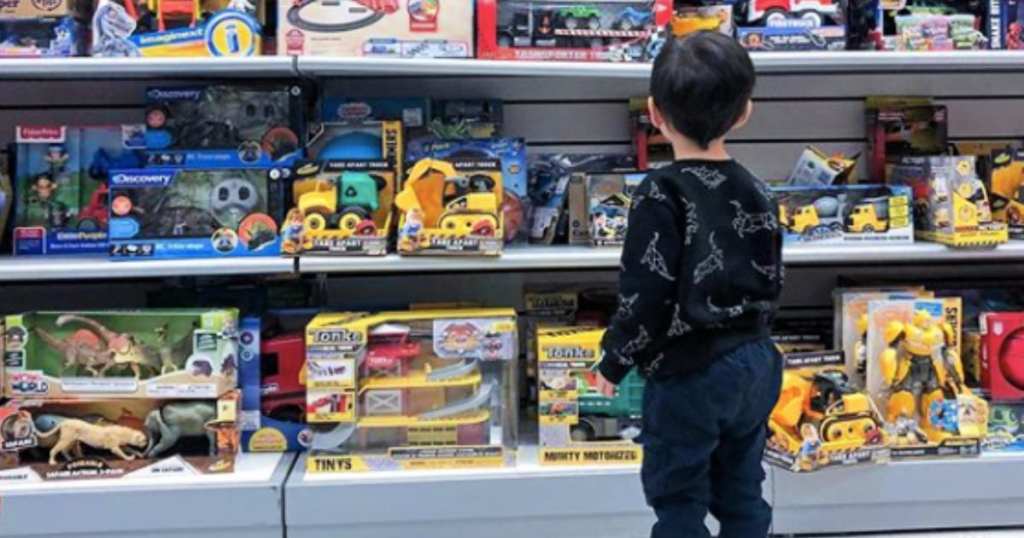If you’ve got a toddler, no matter their birth-assigned gender, there’s a good chance they are going to love trucks at some point. For my older child, it was a brief but passionate affair that began when he was about fifteen months old. For my younger, it is long lasting and began pretty much as soon as he could start getting to the toys and choosing one for himself.
Take heart, parents who are really tired of making truck and car noises – the fondness for things that go is really good for your child.
https://www.instagram.com/p/B4YLS7WggfD/
A study in Developmental Psychology found that the prevalence of an extremely intense interest in trucks is common among young children between 6 months and 3 years.
Passionate obsessions in general are beneficial to kids, and while neuroscience can’t explain why, exactly, some children develop certain passions, it’s not odd for a young kid to be able to recite all sorts of facts about one topic or another.
It doesn’t mean your kid is going to grow up to drive a garbage truck or work on a construction site (or become a paleontologist if they’re into dinosaurs, etc), though they might – you just never know until they grow up.
https://www.instagram.com/p/CAndTpLBbbP/
What that obsession will do is help them develop important sensory and physical skills that they can use now, says Laura Blair, a physical therapist assistant.
“Playing with toy trucks is great for hand-eye coordination and fine motor skills.
It creates that connection between vision and hand movement when they’re driving the truck on certain patterns as well as crossing midline to play with two trucks simultaneously involving both hands.”
She adds,
“If they are really playing in a large area and getting in a crawling position this can engage their core and build shoulder stability as well.
It can also improve skills in motor planning and spatial awareness as the toy goes above, behind, or through a bridge.”
https://www.instagram.com/p/B_doD3hg9z2/
In addition, turning the tiny wheels of a miniature trick with their thumb and forefinger promotes the development of a pincer grasp, so really, the possibilities are endless.
“If they are large push-toy trucks that the child is moving around, this is great for what we call heavy work and gross motor activity. If it can involve their whole body, they will learn and improve in body awareness.
But if the child is playing with a small truck, it’s still great for visual input and auditory if the truck makes sounds. Lining up or driving the truck around is great for motor planning as well.”
So, there you go – there’s no downside.
Aside from the repetitive conversation, of course, but that’s a small price to pay!
